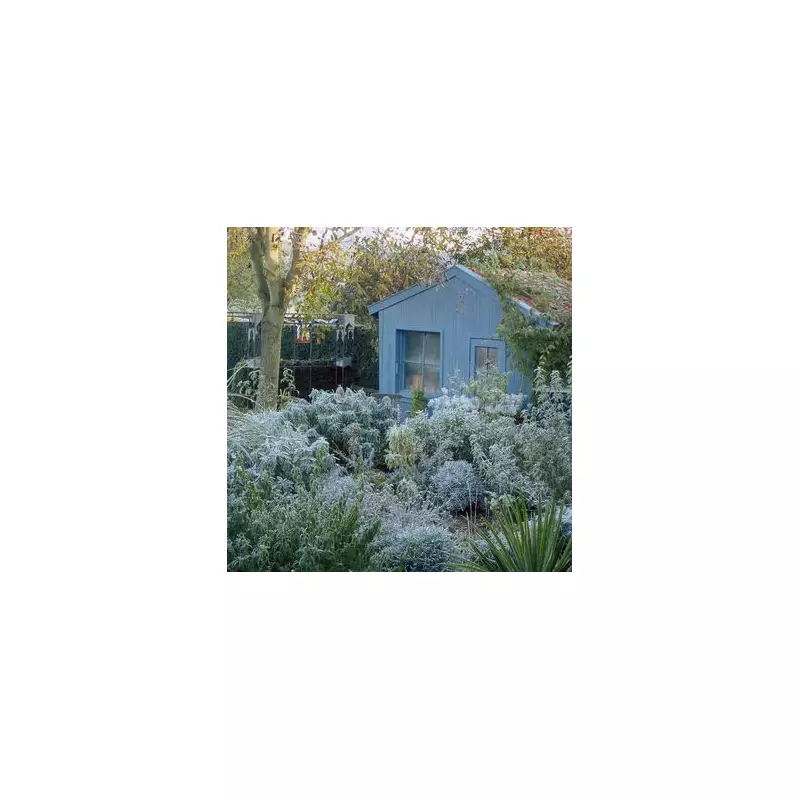
As autumn deepens and the British winter looms, many gardeners are tempted to abandon their sheds until spring. However, experts warn that neglecting your outdoor storage now could lead to costly damage and ruined equipment.
The Winter Shed Hazards
Garden building specialist Sam Jenkinson from retailer Tiger has identified three categories of items that simply won't survive the colder months in an unheated shed. Speaking to Wales Online, Jenkinson emphasised that freezing temperatures can cause permanent damage to common gardening essentials.
Power Tool Batteries
"Batteries for power tools, such as cordless drills and hedge trimmers, can lose their charge or degrade if left in the cold," Jenkinson explained. Leaving batteries in freezing conditions reduces their lifespan and might render them completely unusable by the time spring gardening season arrives.
Liquids and Paints
It's not just batteries that suffer in the cold. Jenkinson highlighted that paints, glues, and finishing liquids face significant risks. "These can freeze, separate, or lose their effectiveness when exposed to low temperatures," he said. In severe cases, containers may crack or leak, creating messy spills that could damage nearby tools and materials.
Metal Tools and Rust Risk
Smaller metal items represent the third danger category. "Drill bits, saw blades, and lubricants can also rust or thicken in damp conditions," Jenkinson warned. The combination of moisture and cold creates the perfect environment for corrosion to set in, potentially ruining precision tools.
Protection and Winter Gardening Tips
The solution is straightforward: move these sensitive items indoors to a dry, frost-free location until warmer weather returns. Meanwhile, the Royal Horticultural Society suggests using the winter months for strategic garden maintenance.
"Now's the time to prune apples, pears, quinces and medlars," the RHS advises. They also recommend pruning autumn raspberries along with red and white currants and gooseberries during December.
When undertaking winter pruning, the RHS emphasises using sharp and sterilised equipment to avoid crushing stems and prevent spreading infections between plants. Starting by clearing dead branches allows gardeners to better assess what remains and encourages fresh growth.
Thinning out plants improves air circulation and sunlight penetration, giving your garden a healthy head start for spring. Taking these simple precautions with both your shed contents and your plants ensures you'll be ready to hit the ground running when the gardening season properly resumes.





